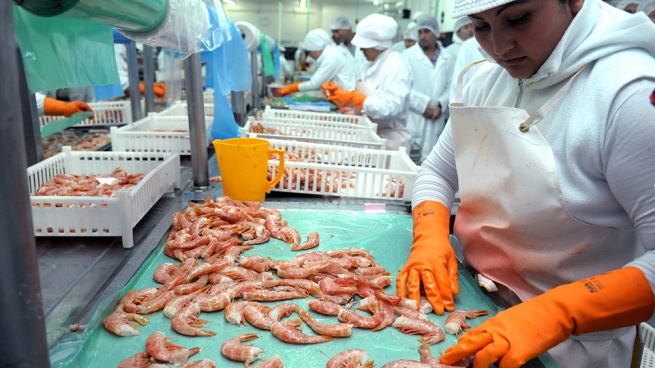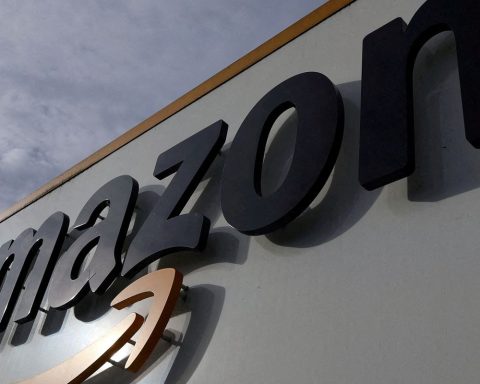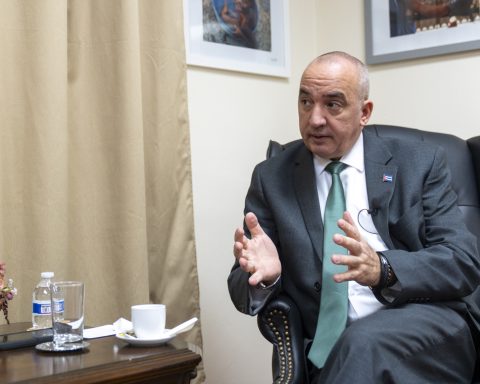Page Seven Digital
The Bolivian Automotive Chamber (CAB) denied this Wednesday that there is a monopoly or oligopoly in the automotive market, after Ministerial Resolution 064/2022 of the Ministry of Public Works was known, and warned that, on the contrary, this new rule will encourage the entry of undocumented cars to the country.
“In Bolivia there is no monopoly or oligopoly in the automotive market, since there are more than 154 formally imported brands, which generate employment, development and taxes. Imports of vehicles by individuals have always been allowed and amount to 40,926 cars, which constitute 21% of the total imported in the last four years,” says a statement from the CAB.
The statements come after the Minister of Public Works, Édgar Montaño, along with transportation leaders, presented Ministerial Resolution No. 064/2022 on April 1, which approves the new regulation for the issuance of Prior Authorizations for Motor Vehicles. . On the spot he said that the new regulation “prevents monopoly and oligopoly,” quoted by a press release.
On the subject, the CAB emphasizes that formal importers pay taxes for more than 500 million dollars, generate more than 12,000 sources of direct employment and 70,000 indirect ones.
You can also read: They endorse the purchase of cars without manufacturer’s permission
Likewise, he warned that Ministerial Resolution 064/2022 may cause certain risks such as: the generation of taxes and duties, encourage capital flight to Iquique and Arica, from where contraband is generated; discourage private investment and reinvestment of profits.
“RM 064/2022 encourages the indiscriminate entry of cheap vehicles, to the detriment of the national treasury, with the risk of even generating sources of corruption. Avoiding payments from the entire logistics value chain means personal benefit with economic damage to the State”, warns the CAB.
They also warn that it can threaten user safety by opening the possibility of importing vehicles that are not suitable for Bolivia and without a manufacturer’s guarantee, they warn that it threatens formal companies in the sector with unfair competition, among other consequences.
They also observe that the new norm was not socialized with the importing formal sector, as the main affected.


















